Iran has no time to waste to reboot economy
The head of the Plan and Budget Organization says the Iranian administration will not wait for the Vienna negotiations to revive the economy which is being geared up for a growth rate of 8%.
"Based on our land use planning and domestic capacities, the goal of achieving an economic growth of 8% is feasible," Masoud Mirkazemi wrote on his twitter page Monday.
The new administration has set economic growth, stagnating around zero in recent years, as a priority. Its main goal, officials have said, is to control inflation and achieve an economic growth rate of 8%.
Mirkazemi sees economic recovery on the way given that the country is emerging from the stagnation under the previous government and the COVID-19 impact.
"We will not keep the country waiting for the negotiations," he said, referring to the talks that resumed in Vienna Monday to revive Iran’s 2015 nuclear deal and remove all sanctions imposed on the country under former US president Donald Trump.
Mirkazemi said during a meeting with Foreign Minister Hossein Amir-Abdollahian on Tuesday that Iran's state budget for the fiscal Persian year of 1401, which starts on March 20, 2022, has been devised with the provision of sanctions being in place.
"The 1401 budget bill has been drafted on the assumption that the sanctions would continue. From the beginning, the government has said it has a plan for the economy and will not tie the people's livelihood to the negotiations," he said.
Vice President for parliamentary affairs Mohammad Hosseini went even further, saying Iran "will not tie" solving its problems to membership in the Paris-based Financial Action Taskforce (FATF).
The former government staunchly advocated joining the FATF, arguing that it could ease foreign trade with Europe and Asia and offset US sanctions. Opponents say passing legislation to join the FATF could expose Iran to even more coercive measures.
The FATF is an inter-governmental body established in 1989 by the West to purportedly combat money laundering, terrorist financing and other related threats to the integrity of the international financial system.
In the past, the US and the Europeans have even tried to link fulfilling their obligations under the nuclear deal to Iran's enactment of FATF standards, prompting the Islamic Republic's vehement rejection.
President Joe Biden has signaled that he wants to rejoin the deal, but he has shown a bizarre interest in having the key elements of Washington’s most draconian sanctions regime ever intact.
“Despite the formation of a new government in the United States, not only have the illegal and unilateral sanctions remained in place, but the policy of imposing sanctions on Iran has continued to exist,” Amir-Abdollahian said Monday.
A delegation appointed by the new Iranian president is joining the negotiations for the first time. Iran has called for the US to unfreeze $10 billion in assets as an initial goodwill gesture.
Diplomats have said Washington has suggested negotiating an open-ended interim accord with Tehran as long as a permanent deal is not achieved. Iranian officials have made it clear that Tehran has no intention of accepting an interim deal.
“The United States still fails to properly understand the fact that there is no way to return to the deal without a verifiable and effective lifting of all sanctions,” Amir-Abdollahian said in a statement shortly after the talks resumed.
The former Iranian administration exhausted all its diplomatic assets on the nuclear deal which miserably failed to profit the country's economy. The new government is entering the talks with open eyes, having reiterated that it would not tie Iran's economy to the results of the negotiations.
According to the World Bank’s Macro Poverty Outlook (MPO) report for spring 2021, the Iranian economy is projected to grow by 2.1 percent in the current fiscal year of March 2021-March 2022.
Iran’s gross domestic product (GDP) is projected to grow through the 2022 2024 fiscals by 2.2% and 2.3%, respectively.
A strong rebound in mid-2020, the report says, led to a modest economic expansion in 2020/2021 despite an initial COVID-19 induced shock to GDP.
The COVID-19 output loss since February 2020 was less pronounced in Iran than in other countries, according to the report.
The new government has inherited a "severe and uncontrollable inflationary situation". Consumer prices have mostly risen by double or triple digits over the past year, exacerbating Iran’s inflationary problems amid a spike in global food prices in the face of the coronavirus.
Under the former government, housing prices rose more than 720 percent to push many tenants to the crisis point as many speculators repeatedly hiked prices in the belief that Iranians tended to buy more whenever something was overvalued.
Throughout the mayhem, the government remained a mere spectator, arguably out of deference to Iranian banks which have reportedly invested heavily in the real estate in recent years.
The biggest culprit contributing to the inflationary spiral was the former government's insistence on printing fiat money despite warning from economists.
Traditionally, governments in Iran have offset their budget deficit by taking over from the Central Bank, borrowing from the bank and printing banknotes, which has resulted in a bulge in the monetary base and liquidity and high inflation.
One of the main themes on President Ebrahim Raeisi's campaign stump was to overhaul the banking system and promote good governance.
His "important promises" under seven headings to revive Iran's economy include achieving an economic growth rate of 5% without oil and doubling non-oil exports to $70 billion in four years.
He has also promised to build four million homes to alleviate the housing crisis, create one million jobs annually, and slash inflation by half before gradually bringing it down to single digits.
His other promises include giving low-interest loans to poor households in the lower half of income distribution, increasing government subsidies for health care and cutting medical and health expenditures for households from 43 percent to 20 percent.
Raising enough funds to realize these goals and balancing them in a way to avoid generating more inflation is a big challenge of course. The new administration has identified government bonds and oil and tax revenues as the sources which it counts on to raise the funds.
It is specially targeting the speculative market which the former government was reluctant to tax. Over the years, many speculators have shifted to purchasing foreign currencies, cryptocurrencies, gold, cars and real estate instead of investing in productive activities.
Here comes again the big task of identifying speculative activities which the former government did not strain itself to take. President Raeisi's economic roadmap has also to address the devaluation of the Iranian rial which lost a record 750 percent of its value under his predecessor's watch, resulting in capital outflow of about $28 billion and severely affecting people's lives and businesses.
US-funded hepatitis B study in West Africa sparks ethical concerns
Chinese, South African naval commanders visit Iranian task group in Cape Town
Iran condemns G7 hypocrisy on human rights following interventionist statement
VIDEO | US, Israel role in terror attacks in Iran
VIDEO | Death behind bars: Gaza’s prisoners. silence surrounding them
60,000 weapons bound for Tehran seized as Mossad-trained terror cell busted
VIDEO | 13th day of war
Israeli strikes kill two in Lebanon as UNIFIL warns against ceasefire violations


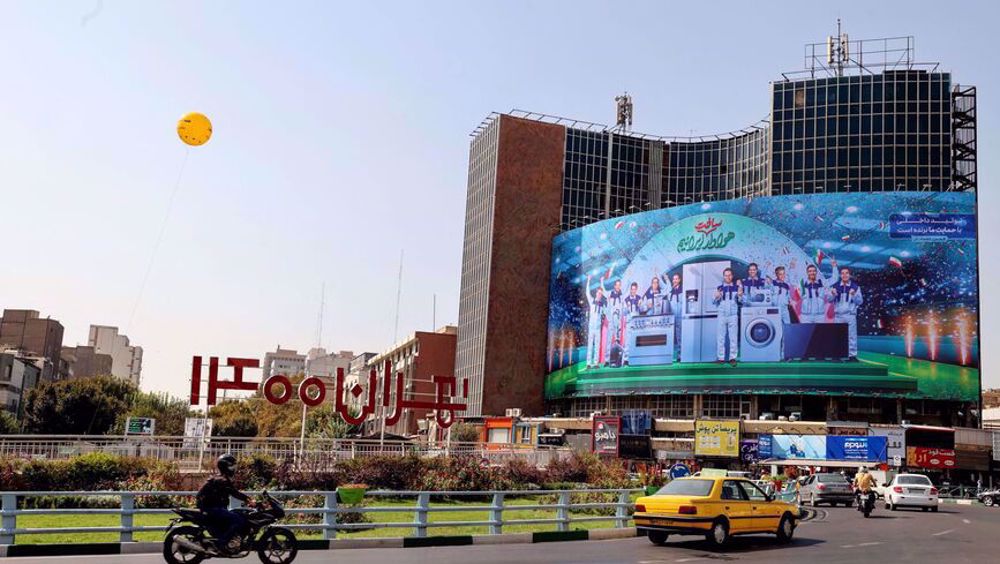
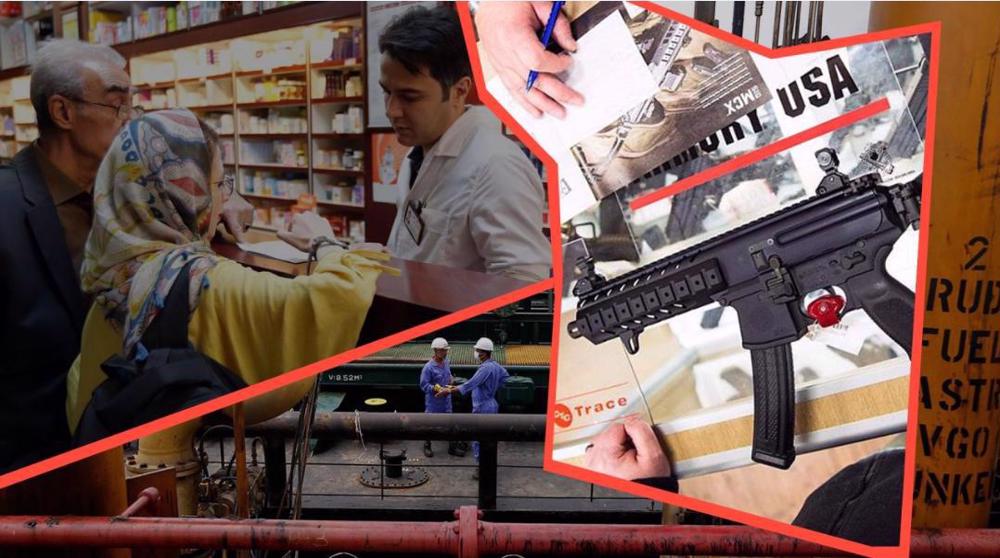
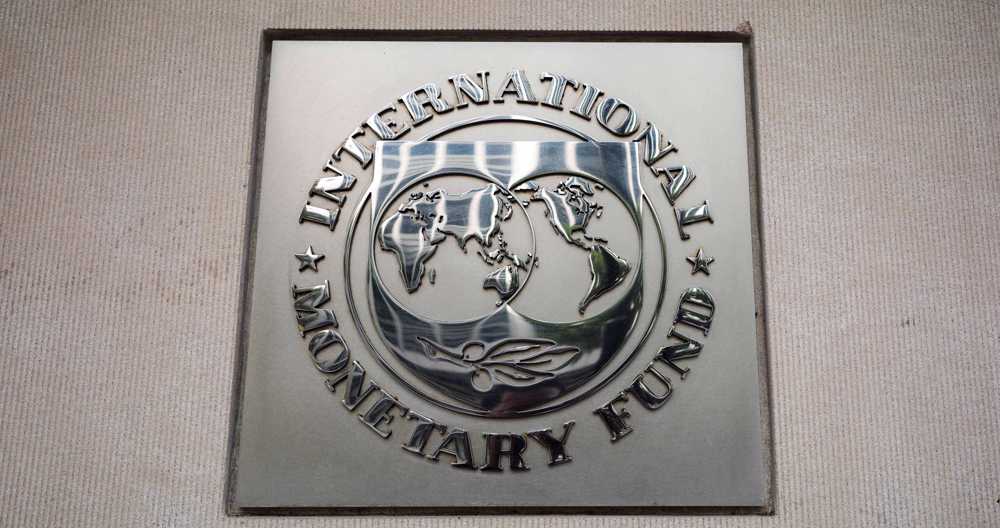
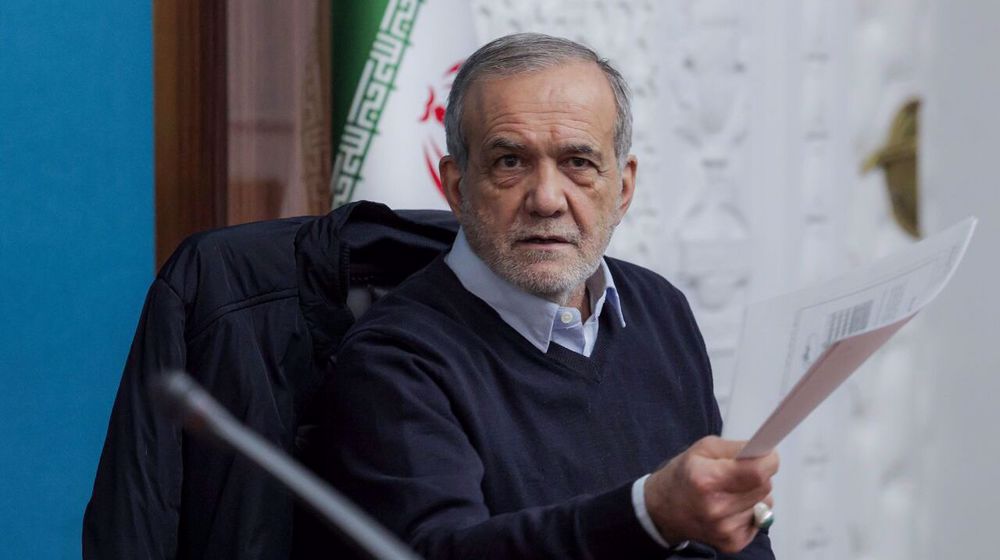
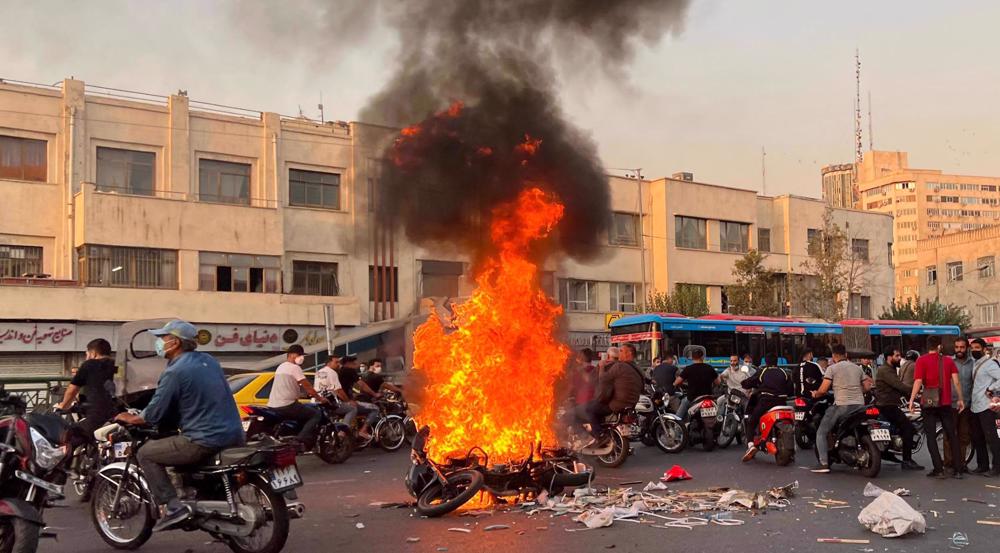





 This makes it easy to access the Press TV website
This makes it easy to access the Press TV website